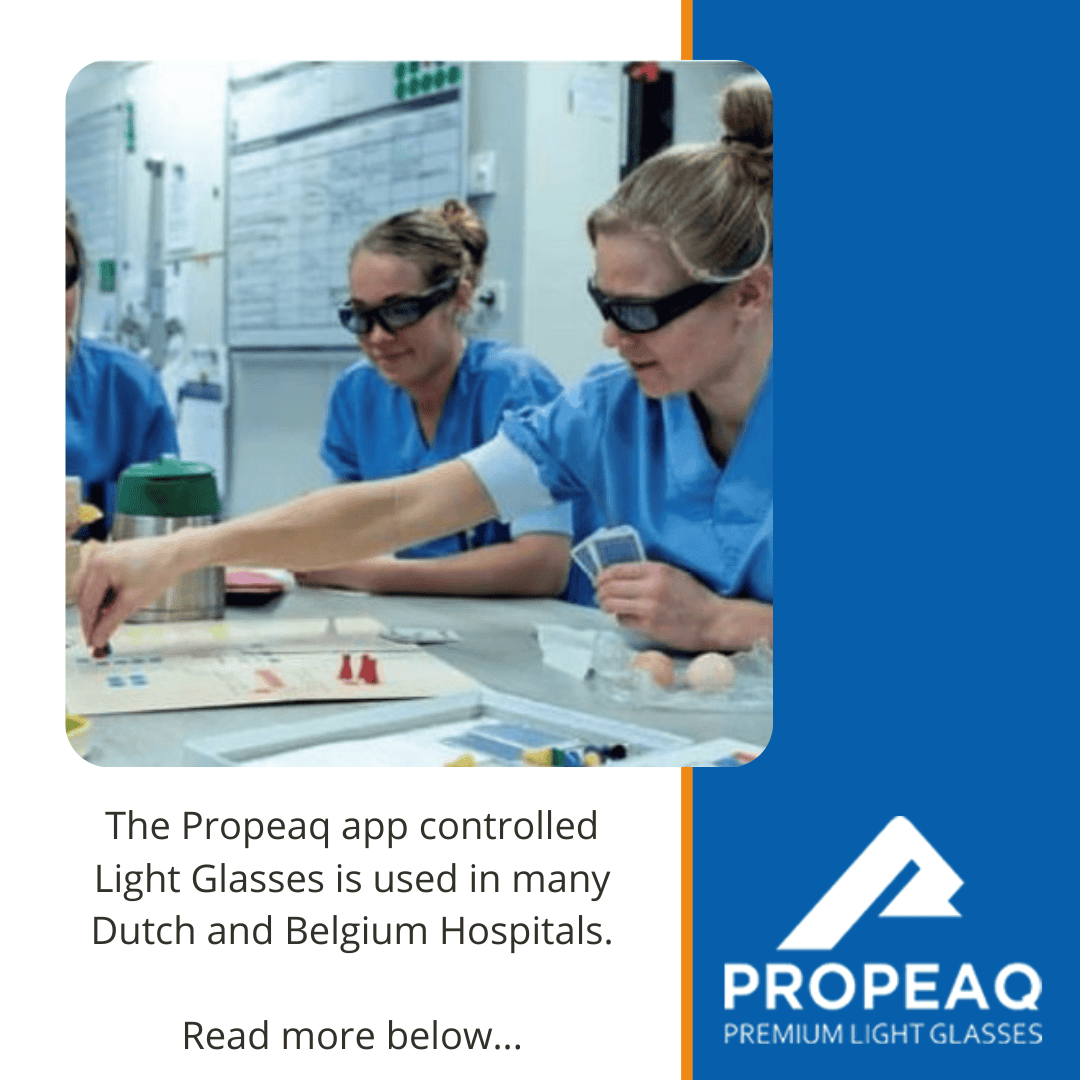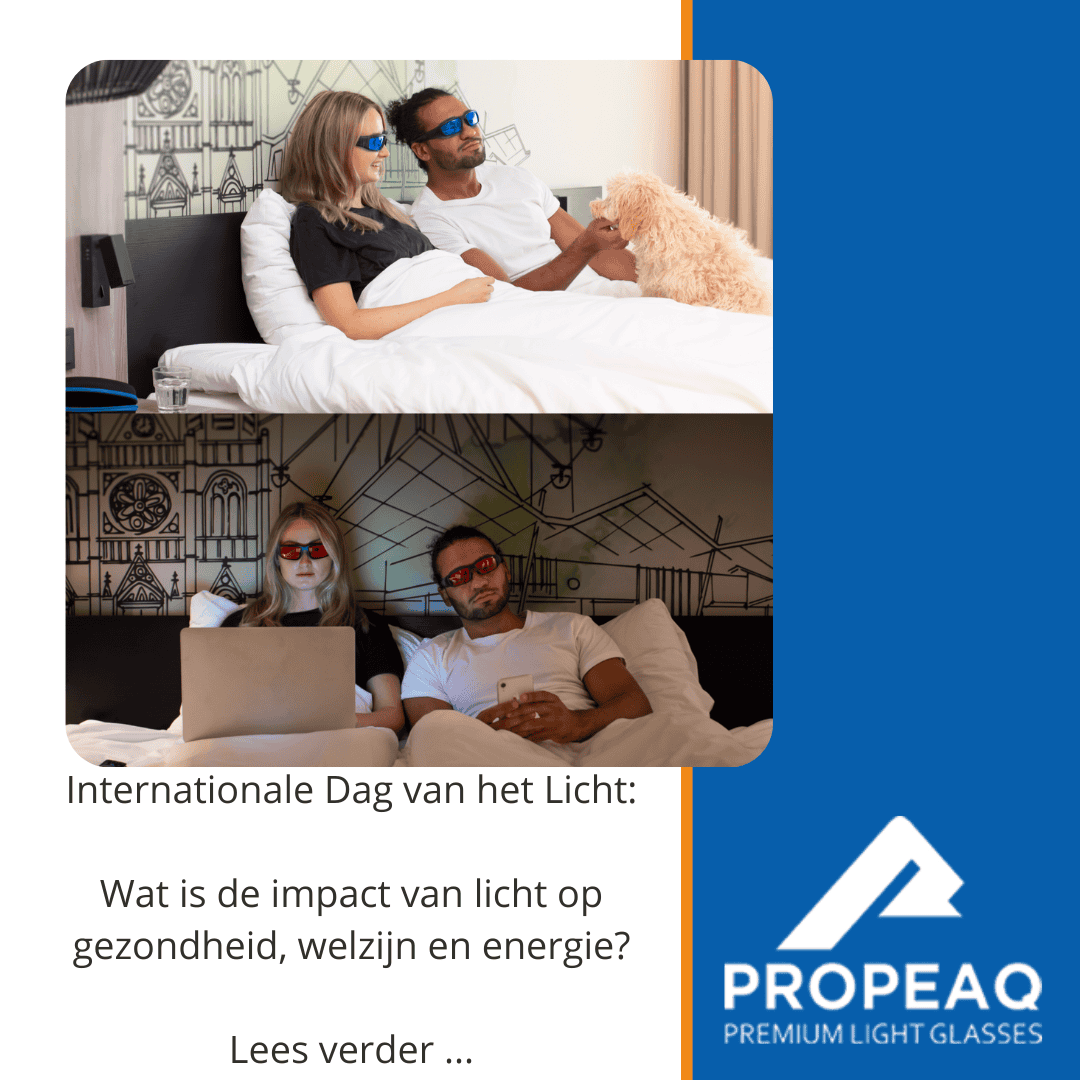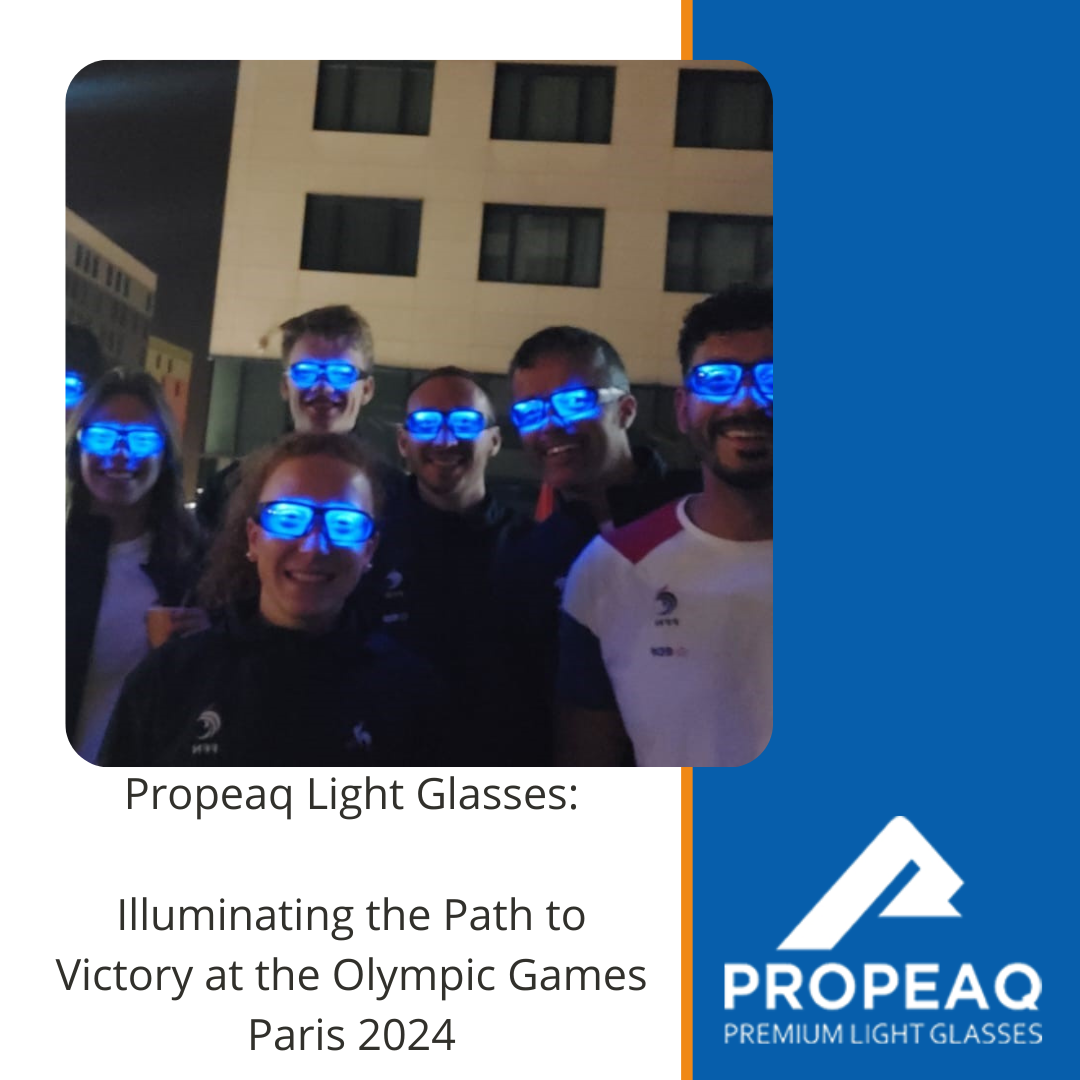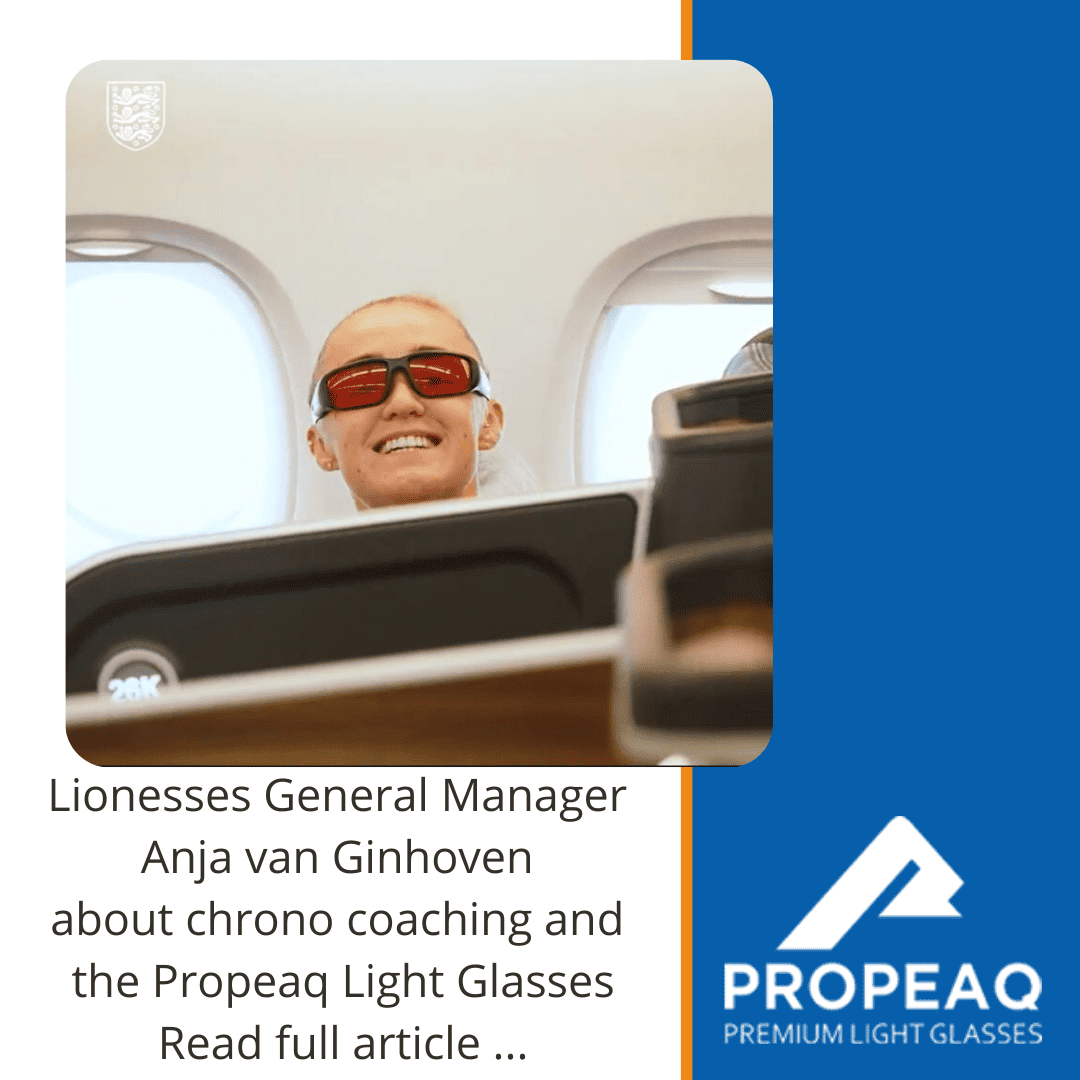The COVID-19 pandemic is a serious global health threat. Governments around the world implement different policies in reaction to the threat including self-quarantine, self-isolation and social distancing. It is true that these actions are necessary to fight the virus, but such actions can also affect many stable factors that are supporting our mental health.
One of the most important brain functions that contributes to our daily welfare is the circadian rhythm. Our circadian rhythm synchronizes our bodies and behavior with a 24-hour light-dark cycle.
Returning routines and predictable daily schedules help our circadian rhythm to function at an optimum and that is important because when our circadian rhythm functions at its best, we feel at our best.
Research shows that a disrupted circadian rhythm can be associated with many fysical and psychological health problems including depression, diabetes, obesity and cancer.
Our circadian rhythm has more trouble maintaining our natural biological rhythm when people are confronted with big changes in life, like the COVID-19 pandemic. When daily routines are taken away from us like work and social behavior, we disturb our biological rhythm. This can result in serious long-term effects which can be experiences as jet lag like insomnia, low energy and mood
DIY-strategies for improving rhythm and daily routines
- Create routines while in quarantine or working from home. Routines help stabilize our biological clock.
- Set your alarm and get up at the same time, every day. Waking up at set times is the most important input for stabilizing your biological clock.
- Make sure to get out of the house at least once a day, especially early morning. Your biological clock needs daylight to know “what time it is”.
- If going outside is not an option, try spending at least two hours a day in front of a window. Duly note that it is important to look at the daylight and focus on staying cool, calm and collected.
- Avoid naps, especially late in the afternoon! Can’t help yourself and you still want to nap? Limit your nap to 30 minutes at most. Doing naps during the day will give you trouble falling asleep at night.
Read the complete articcle here (dutch).
recommandations from :
the ‘International Society Of Bipolar Disorders (ISBD),
Task Force on Chronobiology and Chronotherapy’en
the ‘Sociey for Light Treatment and Biological Rythms (SLTBR).












